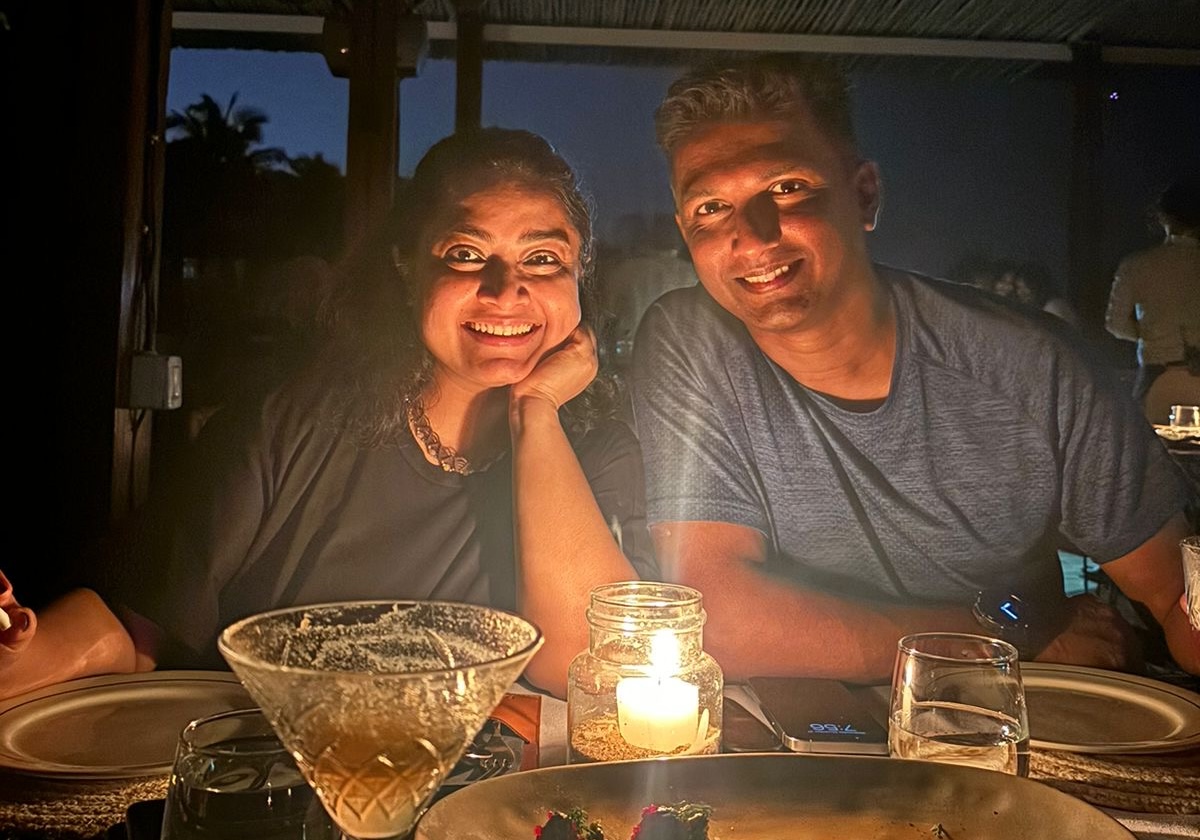When Real Isn’t Real Anymore: A Polymath’s Lament for Simpler Times
There was a time when we didn’t need to ask, “Is this real?”
A grainy photograph meant someone was there. A voice on tape belonged to the person speaking. A news report was vetted. And if you wanted to create a film, you needed a camera, a crew, and a lot of planning—not just a few prompts and pixels.
Today, I received ten forwards. All breathlessly urging me to “check out” the latest AI-generated video. “Shot entirely by AI,” they say. As real as a Hollywood production, minus the actors, sets, or scriptwriters. Impressive? Absolutely. Terrifying? Even more so.
We are standing on the fault line of reality and illusion. And the tremors are only getting stronger.
The Era Before It All Changed
I’m not trying to glorify the past. But life before the tech boom of the ’90s was decipherable. You knew the tools of the trade. A doctor was a doctor. A photographer used a camera. A writer needed words. There was a direct connection between effort and outcome, a sort of sacred cause-effect relationship.
We had limitations. But we had context.
There was no app that could draw better than you, speak smoother than you, write crisper than you, or remember more than you. And so, we tried. We failed. We got better.
Today, tools are eclipsing traits. The average teenager can create a realistic face-swapped video or generate a symphony using AI — without ever learning photography or music theory.
We’ve enabled magic, yes. But we’ve also trivialized mastery.
What Will the Next Generation Own?
As someone who lives across many disciplines — wildlife, comedy, photography, magic, design — I’ve always believed in being a polymath. Not for the labels. But because it lets me stitch together different ways of seeing the world.
But what happens when AI can do all of it better? When the skills I built over decades are available on-demand, in better resolution, and in 0.2 seconds?
What will the next generation truly own?
Will they explore ten fields because they’re curious — or because algorithms have already done the exploring for them?
Will they make art to express their soul — or just to keep up with the noise?
And how will they ever know the joy of becoming when everything is already available, perfectly formed, at the push of a button?
The Polymath Dilemma
This is not a post about doom. I’m all for technology. I use it, rely on it, even marvel at it.
But I am also worried. Because for all that it gives us, technology is quietly taking something away. The romance of patience. The poetry of process. The depth of devotion.
And perhaps most tragically, the comfort of knowing that something real took effort to exist.
Polymaths, in a world run by machines, must evolve. We can’t outcompute AI. But we can out-connect. We can see patterns machines can’t feel. We can embrace paradoxes machines can’t live through.
Maybe that’s our new calling — not to be better at everything, but to be more human at everything.
A Quiet Hope
I don’t know what the world will look like in 2045. But I hope the future generation knows how to make something with their hands. To write something no tool can autocomplete. To hear birds and not just podcasts. To find silence, even when the machines are loud.
And above all, I hope they know this:
It’s okay not to keep up with the future. Sometimes, the most rebellious thing you can do — is remember how beautifully real the past was.




